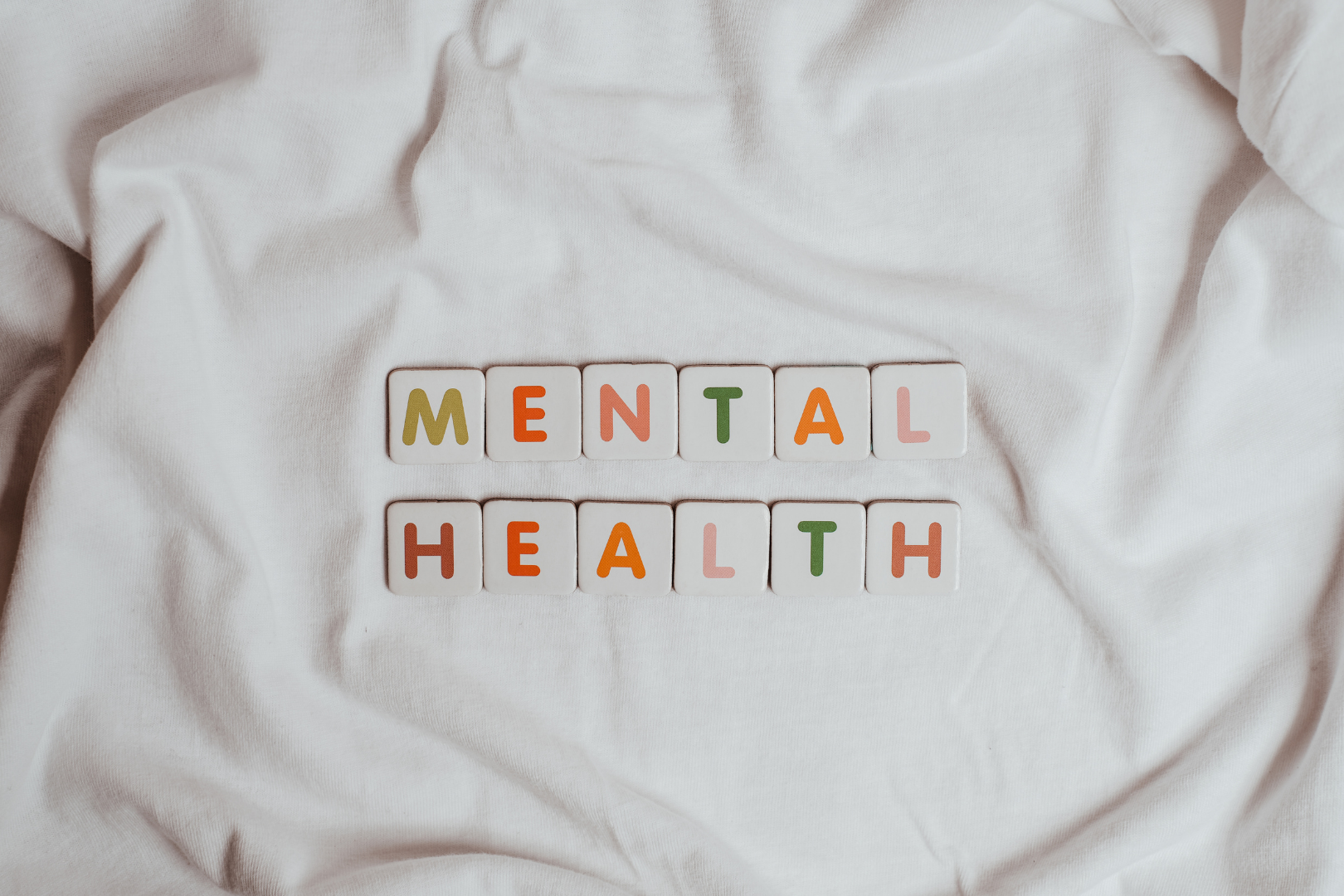
Mental Health and Collective Trauma
The past decade has shown everyone exactly how important your health is — both your physical and mental health. And although each person has individual traits and situations, the past few years have affected society emotionally as a whole. This phenomenon is called collective trauma, and it can impact the mental health of you and your loved ones.
What is Collective Trauma?
Collective trauma is a psychological response by a large group of people to a traumatic event or events of great magnitude. For example, collective trauma may occur when a country goes to war or when a pandemic impacts the entire world. Collective trauma can heighten emotions and reduce a person’s capacity to be resilient, making them less likely to manage problems in a healthy manner.
When collective trauma occurs, it stretches resources thin. People may find themselves feeling angry and easily irritated, yet aren’t able to recognize where the feeling stems from. These emotions may lead to outbursts or poor behavior, especially in stressful situations.
As an example, the Federal Aviation Administration cited one thousand unruly passengers in 2021, more than five times the years prior. Flying on an airplane causes some tension, even for the most tolerant of flyers. For the most part, people tend to follow directions and respect others when flying. During a time of collective trauma like the present, however, flying can cause some people to act out their frustrations.

What are the symptoms of collective trauma?
The symptoms of collective trauma are the same as experiencing any other distressing situation. Some common symptoms are:
- Irritability
- Anger with your family and peers
- Anger towards the community
- Changes in eating habits
- Changes in sleeping habits
- Nightmares
- A decline in grades or work output
Collective trauma is challenging because the trauma also impacts the community around a person; therefore, healthy resources may be limited.
Are children affected the most by collective trauma?
Everyone can become impacted by collective trauma, but children are the most susceptible. Younger children have a more limited view of the world and are less able to seek help independently. Furthermore, these children may not have the ability to articulate their thoughts and emotions adequately.
Children who are struggling with trauma may:
- Reduction in school attendance
- Perform poorly in school
- Nightmares
- Show signs of severe separation anxiety
- Develop anxiety disorders
Unlike adults, children are still in their formative years and may misinterpret the world around them. Trauma can leave them feeling anxious and unsafe. Despite their resiliency, children still need to learn positive coping skills and require consistent support.
Treating Trauma and Maintaining Mental Health
If you or someone you love is struggling with mental health, speak to your physician or a mental healthcare provider. There are also activities individuals of any age can do on their own to help overcome the anxiety that comes with any type of trauma.
First, learn what triggers the distressing memories and feelings. Is it a place or sound? Writing a journal about the emotions makes finding a pattern and spotting triggers easier. Knowing what triggers distressing emotions allows people to prepare themselves for the future.
The next step is to learn to manage the distressing emotions. By utilizing techniques like counting to 10, progressive muscle relaxation, or controlled breathing, people may find that they can reduce the symptoms of anxiety caused by trauma.

Compassion for Others and Yourself
What’s most important is finding compassion for yourself and those around you. The past decade may have affected some people more than others, but the collective trauma has left no one untouched. Now is a necessary time to give yourself, your loved ones, and the world at large a little space to heal and recover.
Whether an adult or a child, everyone could use a little help caring for their mental health. A convenient and quick medication-free technique to reduce stress is controlled breathing. CalmiGo offers easy prompts to guide you through three minutes of controlled breathing, all you need to eliminate anxiety. With CalmiGo, you’ll have the ability to control your breathing and clear your mind.





